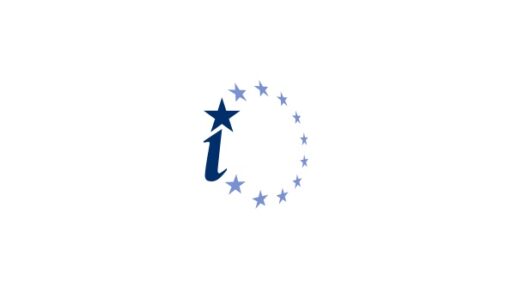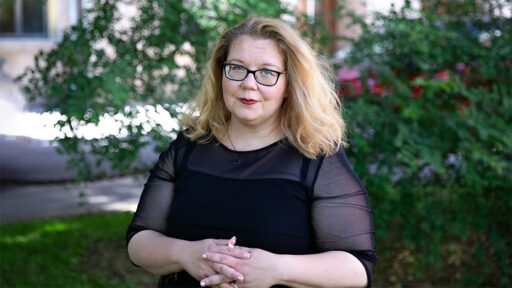EU Foreign Ministers to discuss Tunisia, Lebanon and Belarus
Press release 25/2011
28 January 2011
The Foreign Affairs Council of the EU will meet in Brussels on 31 January. Recent political developments in Tunisia, Lebanon and Belarus as well as the EU’s measures in those areas are the main topics of discussion. Foreign Minister Alexander Stubb will represent Finland at the meeting.
The foreign ministers will discuss the situation in Tunisia following the unrest that started in December, the resignation of the president and the formation of an interim Government. Finland emphasizes that the European Union must be ready to support Tunisia’s economic and social reforms. The Union’s immediate priority must be preparedness to support the country’s election process. In its support, however, the EU must remember that this is a Tunisian issue and Tunisians’ own process.
The Council will also discuss Lebanon. The unstable situation in Lebanon worsened further with the Government’s collapse. To avoid violent confrontations, it is important that the country quickly gets a new Government reflecting the election results and respecting the country’s unity and sovereignty as well as international law. The EU must continue to support the special court investigating the assassination of the previous prime minister. In addition, the Union must maintain good dialogue with actors in the region because their potential to influence the situation in the Lebanon is central.
The ministers will discuss the situation in Belarus and the EU’s measures. The EU will consider the restoration and expansion of sanctions if those detained after the elections in Belarus are not immediately released and if the oppressive measures against civil society continue. Finland is ready to approve EU sanctions but points out that support for civil society and conditional dialogue with Belarus must continue. In the long run, isolation of Belarus hampers the country’s rapprochement with the European Union.
High Representative Catherine Ashton will report on the continuation of development of the Union’s strategic partnerships. In the view of Finland, the European External Action Service, launched in December, has a central position in this development work. Russia will also be on the agenda of the Council’s discussions. Finland’s objective is to hold a more strategy-oriented discussion on Russia and to strengthen the EU’s common view of Russia’s development and of the key aims of EU–Russian relations in the current decade and the measures this requires.
In addition, Sudan and Ivory Coast are on the Council’s agenda. The ministers will discuss the situation in Sudan following the referendum and the EU’s measures in the country. In the view of Finland, it is now important to focus on solving the open questions in the period following the peace treaty and the referendum. The ministers will also discuss the situation in Ivory Coast. Finland supports the international community’s efforts to resolve the crisis in Ivory Coast that arose after the presidential election held in November through negotiations and to avoid military intervention. Other topics of discussion by the Council are Iran’s nuclear programme, the situation in the Sahel and the Union’s attitude towards religious freedom.
Additional information: Counsellor Lasse Keisalo, Unit for European Common Foreign and Security Policy at the Ministry for Foreign Affairs, tel. +358 9 1605 5330 or mobile tel. +358 40 505 2046, and Päivi Pohjanheimo, Adviser to the Minister for Foreign Affairs, tel. +358 9 1605 5332 or mobile tel. +358 40 511 3786


